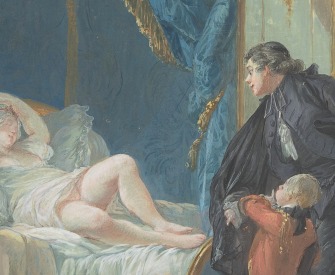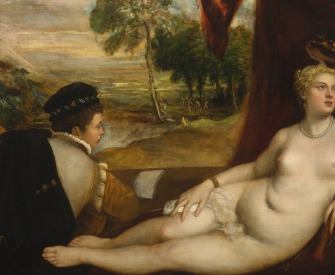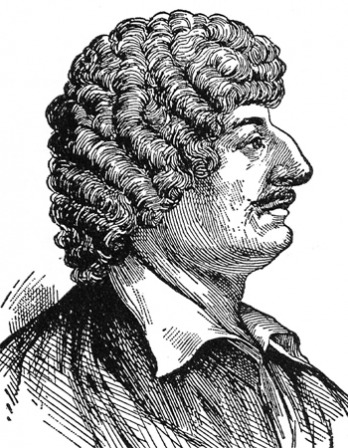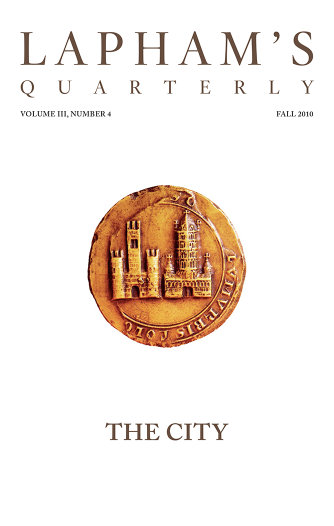In great good spirits the crew brought the ship into Plymouth Harbor, which is one of the ports of England. Anchor was dropped and Captain Fayerman struck the sails. Although the season was winter, and there was rain and snow, the distant view of the city looked like a paradise to rival the Garden of Eden. We saw a beautiful green field with trees to shame the palm groves of paradise. Sweet-singing birds warbled the psalms of David, and Christian melodies refreshed our souls. And by this beautiful field there rose a hill, high as the hopes of lovers, with graceful trees spaced no farther apart than their height, their branches arm-in-arm like affectionate brothers.
The captain hoisted some flags—a signal which the English call “telegraph”—and which, on a clear day, carries the news of a ship’s arrival at Plymouth to London in twenty-five minutes. I was amazed to hear this and thought, “What exaggeration! How is it possible to send messages to the capital, which they say is three hundred ‘miles’ away in such a short time?”
The captain explained that at night, messages are sent by means of lights; during the day by flags. On arrival in a port, the ship hoists flags which are seen through telescopes on land; the message is then relayed to London via observation towers at one-mile intervals.
Because the king has decreed that no one, not even the king himself, may leave a ship for four days after arrival at an English port, we had to wait on board. But the sight of the flowers and trees on the hillside by the harbor consoled me and my friends and servants.
During the waiting period, the general of Plymouth Harbor sent some of his relations and city dignitaries to the ship with presents. They conveyed his apologies for the delay and sought to entertain us. A group of musicians and dancers, young boys and pretty girls, also came and performed throughout the day and evening.
Later, while talking to the captain, I asked why the passengers and crew were not yet allowed ashore. He explained that there can hardly be a single ship without at least one person on board who is ill or suffering from a fever.
We were in the middle of this conversation when a crowd of women rushed on board. With bewitching guile and seductive glances they captured the hearts of the seamen. Each one chose a woman and embracing her carried her off to his quarters—followed by the hearts of certain deprived Iranians! Sounds of the seamen’s carousing and lovemaking reached even to the ebony wheel of heaven, and the din of their music and singing so excited my comrades that they were overcome by a desire to worship the vine.
Amazed by the scene, I asked Captain Fayerman to explain what was happening. He said it was simply a matter of prudent foresight—if these harlots were not allowed to relieve the crew of their money, to empty their pockets as clean as a glutton his plate, the shipowners might be faced with a severe shortage of labor for the next voyage!
Newspapers were sent to us on board. It seems that about 100,000 newspapers are printed and sold every day in England. How extraordinary that today’s newspapers will have no value tomorrow except as toilet paper! Every day a new paper is required. Through the newspapers the people are able to learn of events soon after they occur. When husbands travel to Hind and Rum and Farang, their wives in England buy such newspapers and send them to their husbands, either directly or through their ambassadors.
Listening to all this, I had a thought and said to Mr. Morier: “Let tomorrow bring what may— / A new ‘news’ comes with each new day.
Captain Fayerman and our companions all laughed and cried, “Well said!” And so we passed the day talking about newspapers. And our fourth day in harbor came to an end.
Mirza Abul Hassan Khan, from A Persian at the Court of King George. During his eight-month stay in England, Khan kept a detailed journal, which became the first Persian account of British life. As his country’s first foreign minister, he negotiated a commercial treaty and amused his visitors with expressions such as “God bless me!” and “Pon my honor.”
Back to Issue



